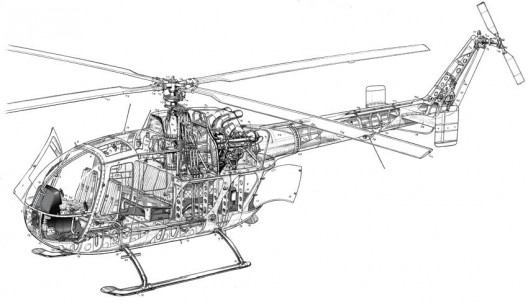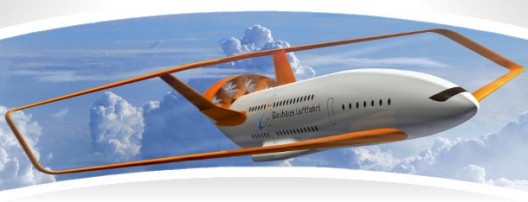The European Aeronautic Defense and Space Co. (EADS), IABG – a company providing analysis and testing for aerospace companies, and Siemens AG are collaborating along with educational partners the Technical University of Munich (TUM), the Bundeswehr University Munich, the Munich University of Applied Sciences, Bauhaus Luftfahrt, and the German Aerospace Center (DLR) to form the Ludwig Boelkow Campus consortium.
Consortium partners have also signed a declaration of intent governing future cooperation between the newly founded Ludwig Boelkow Campus GmbH and the Munich Aerospace e.V., aerospace faculty.
Named after an aerodynamicist who worked under Antony Fokker, and who headed development of the Messerschmidt ME-262 jet fighter in WWII, the campus will integrate multiple academic disciplines and industries in work designed to foster creative new ways of designing, building, and powering aircraft.
With a primary goal to research areas of future flight, the campus and its industrial partners will help further development of next-generation European aircraft. As explained by EADS, projects reflect a great many of the ideas explored by the CAFE Foundation:
- “The “PowerLab” project is dedicated to electric flight. In the laboratory, experts are testing hybrid and fully electrical propulsion units for aircraft, the configuration of energy systems and the certifiability of prototypes.
- “Researchers working on the ‘Europas’ project are developing electrically powered unmanned reconnaissance aircraft for civil use. In the process, engineers are not only studying the propulsion, but also the design of flight control systems certifiable for general air traffic and the fully electronic datalink.
- In the algae-powered flight project ‘AlgenFlugKraft’ the focus of research is on the industrial use of biokerosene, for which micro-algae serve as the basis for producing biofuel. Thanks to the higher biomass yielded from micro-algae in comparison to rooted plants, the former are more efficient, are not in competition with food production and furthermore do not create any waste products.
“In order to investigate the growth of algae under various climatic conditions, an algae technical center is being built on the campus grounds. The building, which will cost approximately €10m, is being financed jointly by EADS and the Bavarian Ministry of Sciences.
“After funding approval was given, the symbolic ground-breaking ceremony for this special facility took place on the EADS premises, attended by the Bavarian Ministers of State Martin Zeil, Wolfgang Heubisch and Thomas Kreuzer as well as high-ranking representatives from EADS and the TUM.”
With government backing, ambitious projects, and industry cooperation, the Boelkow Center could be a productive hub of innovation in European aerospace.


